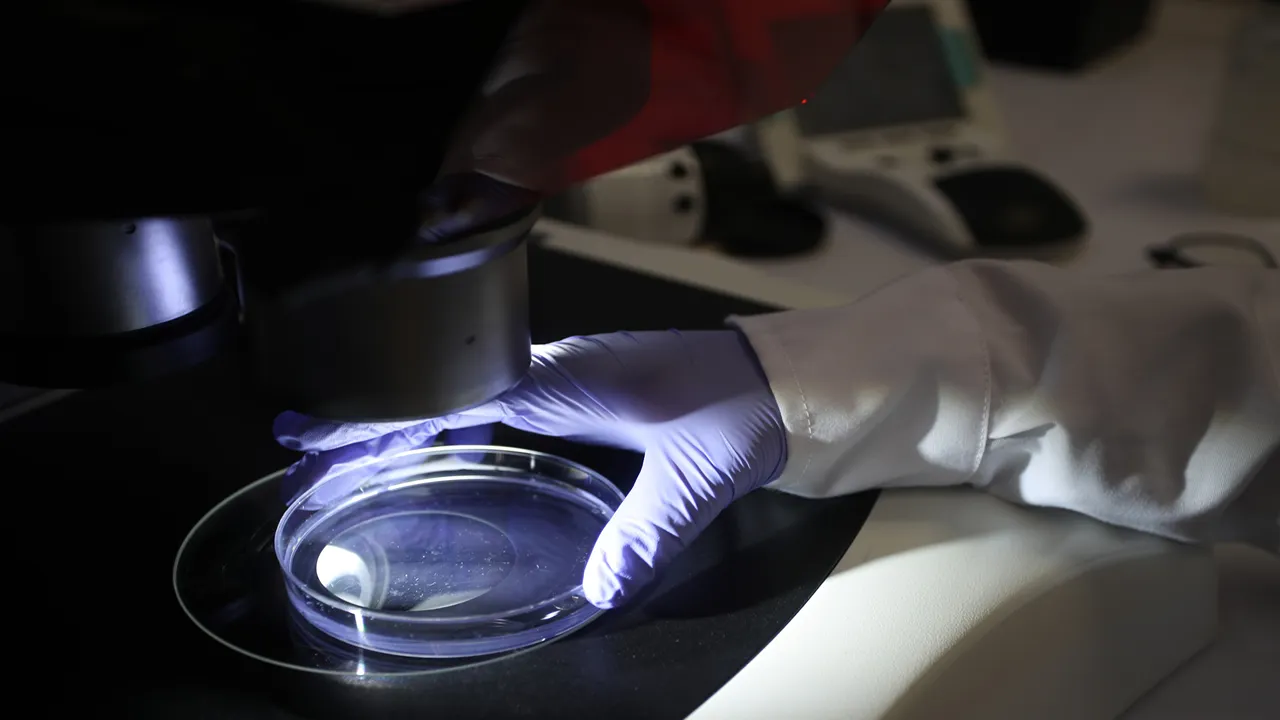Researchers from the Arc Institute (with collaborators at Stanford) used the Evo family of generative models to design entirely new functional bacteriophage genomes (using ΦX174 as a template). According to the authors, they synthesized and screened about 285 designs; 16 proved functional—replicating and causing lysis of E. coli colonies. The study highlights potential for phage therapy against antibiotic-resistant infections but raises urgent biosafety concerns: such genome-design tools could theoretically be misused to create harmful pathogens, so the authors call for strict oversight. (Source: Arc Institute, bioRxiv preprint, Newsweek coverage).
AI-Designed Viruses Successfully Kill Bacteria in Lab Tests
